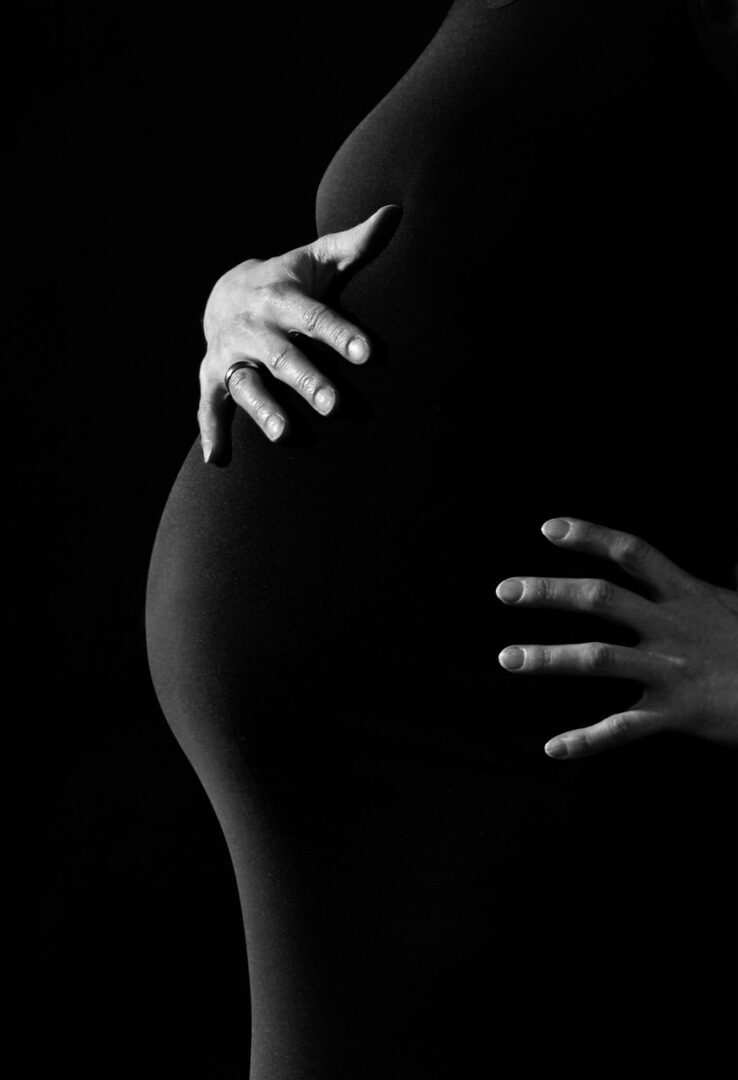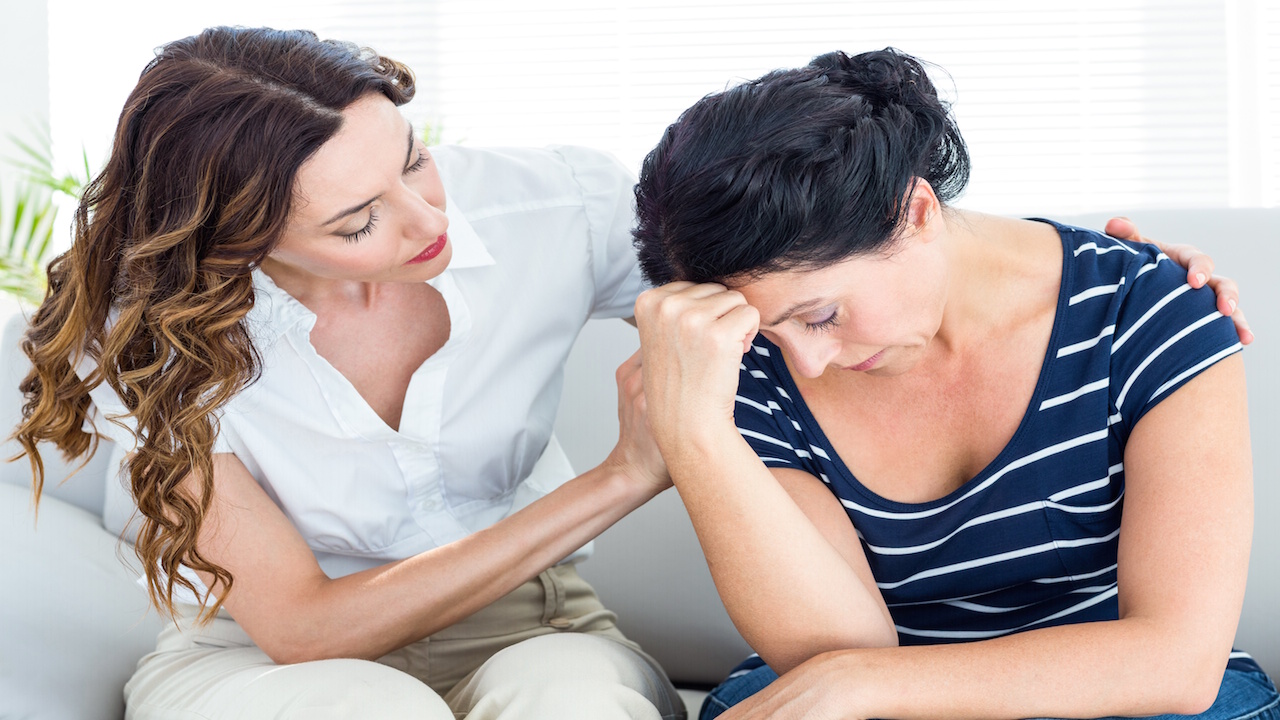by Stephanie Rose Torres, M.A., LPC / in Active, Anxiety, Articles, Blog, Depression, Emotional Health, Healing, Physical Health, Uncategorized / tags: mental health
- “The opposite of poverty is justice.” Bryan Stevenson, lawyer and social justice advocate
- “Like slavery and apartheid, poverty is not natural. It is man-made and it can be overcome and eradicated by the actions of human beings.” Nelson Mandela
- “He that oppresseth the poor, reproacheth his Maker; but he that honoureth Him hath mercy on the poor.” Proverbs 14:31
As the federal and state sanctions unfold, in response to the Coronavirus, I find myself grateful that our nation and city are taking steps to flatten the curve of the outbreak. In so doing, it can prevent widespread panic, economic crisis, and subsequently, thoughtless violence. However, while I feel grateful, I realize I also feel afraid. And while I am sure I am not alone, rather I am joined by many Americans across the country, I also realize that my fear of unchecked panic turning violent feels eerily familiar. I think, “When have I felt this before? This fear of leaving my house, and coming in contact with people?” Then I remember, “Oh. My childhood.”
Growing up in a moderate- to high-crime neighborhood, fear was a common feeling. Not to mention, being a female and a child/youth meant I was part of a population that was vulnerable to certain crimes. I would not have admitted it then, because the fear was masked by its defensive cousin: anger. However, no matter how the fear was presented, it was a sort of oppression–“mental pressure of distress” (Oxford Dictionary). In this state of fear, I learned from various sources that “I can’t cross the front gate”, “I shouldn’t look at people when I’m walking down the street”, and “even if I feel like someone is going to touch me [perversely or violently], I should hit them”: this way, I would be aware of the real dangers I faced, and the damage to me would be minimal.
Then, things changed. As I journeyed from the inner city via CTA to a better high school and college education, I noticed a different type of oppression: one centered around race, ethnicity, and socioeconomic status (SES). It was no longer a physical issue, it was a mental one. I did not have the words to describe it then, so I initially tolerated the microaggressions silently: my peers turning away dismissively when I would begin to speak in group discussion, and chuckling comments like, “I’m sorry, can you say that in English?” when I was clearly speaking English. Seemingly unprompted, I became more aware of my Latina-ness, and the “inequitable distribution of power” (Wyatt & Hardy, 2008) I experienced as a person of lower SES and of color. I was unaware and unprepared for this kind of danger.
This experience of loss of power–“the capacity or ability to direct or influence the behavior of others or the course of events” (Oxford Dictionary)–subsequently exposed me to feelings of inferiority. Dr. Kenneth V. Hardy describes the positions in this struggle as 1) the privileged and 2) the subjugated (Hardy, 2016). And, let me tell you, feeling inferior: MADE. ME. ANGRY. I played reels of violent responses in my mind. But over time, I built a thickness of skin and learned to speak, and write, and hold my ground relentlessly. Psychotherapy and the prayers of persistent parents shaped my perseverance. Yet my anger did not resolve. To cope, I often shamed myself, believing that this aggressive predisposition did not fit my childhood experience. I would tell myself, “I came from an intact family, my parents were involved and supportive, and Christian values were a high priority in my education”. My mind would circle back to the question, “So, where did the aggression come from?” After wrestling with this for years, I have since been able to ask a more telling question: “when (or, in what instances) was anger experienced? And from where did I learn how to respond?”
As an adult, I have gained life-changing insights from my training in patterns of behavior and Life Styles–“This expression does not refer to a particular way of life, but to how different aspects of the personality [emotional and cognitive organization] work together” (Oberst & Stewart, 2005, p. 19). I have come to understand that in my early years of anger and fighting, it was often for the purpose of 1) protecting others, or 2) exerting my own physical/mental power in response to others’ imposition of power over me (i.e. self-defense, or perceived unjust use of power by peers or authority). I can now argue that my aggression was the start of a passion for social justice. So instead of shame, I receive empowerment, and invite wisdom to guide me to healthier responses. Therefore, as I currently fear the outbreak of violence, introspect my own history with anger and violence, and study patterns of behavior, the question begs, “what will make people violent in a time like this?”
And the answer is the same: Poverty. Inferiority. Loss of power.
Poverty is not merely the absence of money, it is a psychological state of powerlessness. The Institute for Research on Poverty (IRP) posits that “scarcity experienced as a result of economic instability and poverty reduces already limited cognitive resources, resulting in detrimental behaviors and ineffective decision-making ” (2011). IRP additionally exposes that poverty has also been linked to higher risk of illness (2013). This means that unhealthy decision-making and risk of illness in the poor or under-resourced is not based on biological inferiorities, rather, it is based on the psychological oppression of the experience of powerlessness. Further, people of color and the underrepresented (to varying degrees, and despite income status) encounter a similar psychological experience of powerlessness. And finally, I would argue that this reveals that ANYONE, despite privilege or skin color, is capable of violence if they experience loss of power, increased panic, and extreme financial distress.
So, what is the connection between this and the state of the world regarding COVID-19? To name a few: the mental-emotional state of uncertainty, desperation, hopelessness, and fear. If you are not currently in poverty (in terms of wealth, health, or privilege) but fear it, count yourself blessed. You are ahead of the curve and you still have power. But if this is just another day of fear, violence, high risk of illness, and inequitable power for you, and/or you are in poverty, know that your mind does not have to be. There is hope and power lying inside each of us, even if it is inequitable. Faith and early experiences have taught me of resilience: ultimately, that WE. WILL. SURVIVE. Therefore, I urge you to use your influence to inspire peace (versus violence), understanding (versus power-struggle), conscientiousness (of the poor, and of privilege), and solidarity in our collective struggle.
Stay connected and wash your hands.
“Peace I leave with you; my peace I give you. I do not give to you as the world gives. Do not let your hearts be troubled and do not be afraid.” John 14:27
“Stop your fighting — [Be still] and know that I am God…” Psalm 46:11
References
Hardy, K. V. (2016). Anti-racist approaches for shaping theoretical and practice paradigms. In M. Pender-Greene & A. Siskin (Eds.), Anti-racist strategies for the health and human services. Oxford, UK: Oxford University Press.
Institute for Research on Poverty (2011). The Psychology of Poverty. Fast, Vol. 28 (1), 19-22. Retrieved from https://www.irp.wisc.edu/publications/focus/pdfs/foc281e.pdf
Institute for Research on Poverty (2013). [Fact Sheet] Poverty Fact Sheet: Poor and In Poor Health. Retrieved from https://www.irp.wisc.edu/publications/factsheets/pdfs/PoorInPoorHealth.pdf
Oberst, U.E., & Stewart, A.E. (2005). Adlerian Psychotherapy: An Advanced Approach to Individual Psychotherapy. New York, NY: Routledge.
Oppression. (n.d.). In Lexipro Powered by Oxford. Retrieved from https://www.lexico.com/en/definition/oppression
Power. (n.d.). In Lexipro Powered by Oxford. Retrieved from https://www.lexico.com/en/definition/power
Violence. (n.d.). In Lexipro Powered by Oxford. Retrieved from https://www.lexico.com/en/definition/violence Wyatt, R.C. (Interviewer) & Hardy, K.V. (Interviewee). (2008). Kenneth V. Hardy on Multiculturalism and Psychotherapy [Interview transcript]. Retrieved from Psychotherapy.net website: https://www.psychotherapy.net/interview/kenneth-hardy
About the Author: Stephanie Rose Torres, M.A., LPC



